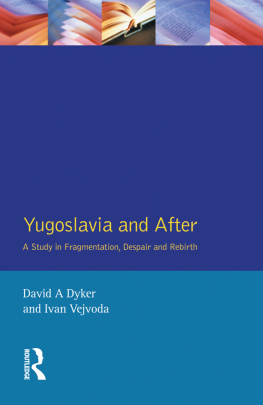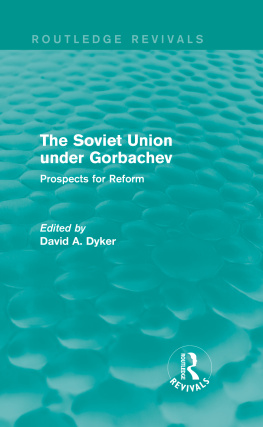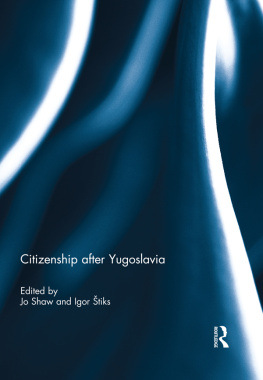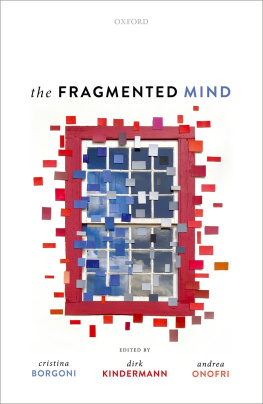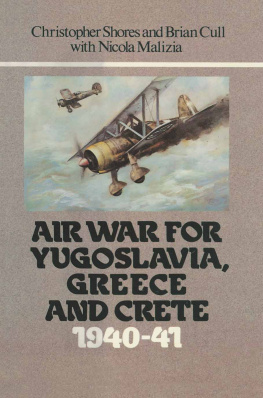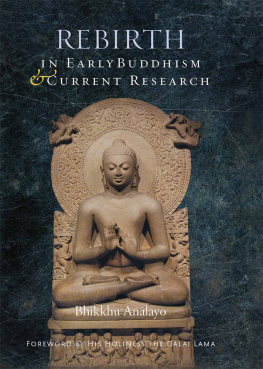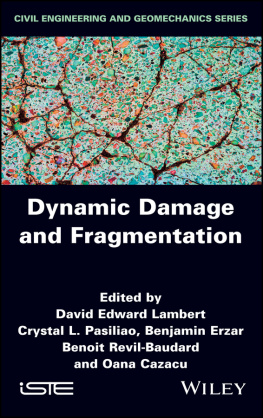Yugoslavia and After
Yugoslavia and After
A Study in Fragmentation, Despair
and Rebirth
edited by
DAVID A. DYKER and IVAN VEJVODA
First published 1996 by Pearson Education Limited
Published 2014 by Routledge
2 Park Square, Milton Park, Abingdon, Oxon OX14 4RN
711 Third Avenue, New York, NY 10017, USA
Routledge is an imprint of the Taylor & Francis Group, an informa business
Copyright 1996, Taylor & Francis.
The rights of David Dyker and Ivan Vejvoda to be identified as the editors of this work have been asserted by them in accordance with the Copyright, Designs and Patents Act 1988.
All rights reserved. No part of this book may be reprinted or reproduced or utilised in any form orby any electronic, mechanical, or other means, now known or hereafter invented, including photocopying and recording, or in any information storage or retrieval system, without permissionin writing from the publishers.
Notices
Knowledge and best practice in this field are constantly changing. As new research and experiencebroaden our understanding, changes in research methods, professional practices, or medicaltreatment may become necessary.
Practitioners and researchers must always rely on their own experience and knowledge inevaluating and using any information, methods, compounds, or experiments described herein. Inusing such information or methods they should be mindful of their own safety and the safety ofothers, including parties for whom they have a professional responsibility.
To the fullest extent of the law, neither the Publisher nor the authors, contributors, or editors,assume any liability for any injury and/or damage to persons or property as a matter of productsliability, negligence or otherwise, or from any use or operation of any methods, products, instructions, or ideas contained in the material herein.
ISBN 13: 978-0-582-24637-9 (pbk)
British Library Cataloguing-in-Publication Data
A catalogue record for this book is available from the British Library
Library of Congress Cataloging-in-Publication Data
A catalogue record for this book is available from the Library of Congress
Frane Adam: Professor at the Faculty of Social Sciences, University of Ljubljana. Frane Adam is editor of Elections and Politics Slovenian Style (1993).
Vesna Bojii: formerly Lecturer in Economics at the University of Mostar, Bosnia and Hercegovina, Vesna Bojii came to Britain after the outbreak of war in Bosnia. She is now Visiting Fellow at the Sussex European Institute, University of Sussex. She is the author of The Political Economy of the War in Bosnia-Herzegovina (1996).
Xavier Bougarel: collaborator of the Centre dtudes et de Recherches Internationales of the Fondation Nationale des Sciences Politiques, Paris, Xavier Bougarel is author of Bosnie: Anatomie dun Conflit ( 1996).
Christoper Cvii: born in Croatia and educated at the Universities of Zagreb, London (London School of Economics) and Oxford (St Antonys College), Christopher Cvii has lived in Britain since 1954. He was a producer and editor with the BBC World Service in London until 1969. From 1969 to 1990 he was The Economists East and Central Europe Correspondent. His book Remaking the Balkans was published in 1991. A second, updated edition came out in 1995.
David A. Dyker: Reader in Economics in the School of European Studies and co-director of the East Europe Programme of the Science Policy Research Unit, both at the University of Sussex, David Dyker has been researching and writing on Eastern Europe for more than twenty-five years, and lived in the former Yugoslavia for a number of extended periods. He is the author of Yugoslavia: Socialism, Development and Debt (1990).
Shkelzen Maliqi: philosopher, writer and politician from Prishtina, Kosova, Shkelzen Maliqi is the author of Byzantine Iconoclasm (1982), Knot of Kosovo (1990), Albanian Ghandism (1993) and Albanians and Europe (1994). He was a founder of the Social-Democratic Party of Kosova. He is the senior editor of the Prishtina journal MM.
Ferid Muhi: Professor at the Faculty of Philosophy, University of Skopje, Ferid Muhic is the author of Motivation and Meditation (1987), Philosophy and Iconoclasm (1988), The Language of Philosophy (1995), and Macedonia: Catena Mundi (1994).
Slavo Radoevi: formerly Research Fellow at the Institute of Economics, Zagreb, Slavo Radoevi is currently Leverhulme Research Fellow on the East Europe Programme of the Science Policy Research Unit, University of Sussex. He is the author of many articles on industrial and technology policy issues in transition countries.
Jovan Teokarevi: Research Fellow at the Institute for European Studies, Belgrade, Jovan Teokarevi is the editor of Reforms the Second Step: Hungary, Poland, Bulgaria (1988), co-editor of Departing from Socialism (1990), and co-author, with S. ivanov, of Reforms in Socialist Countries (1990).
Milo Vasi: a senior writer for the independent weekly magazine Vreme, Belgrade, Milos Vasic is also a contributor to the Guardian and Balkan War-report (London).
Ivan Vejvoda: Research Fellow at the Sussex European Institute, University of Sussex, and at the Institute of European Studies, Belgrade, Ivan Vejvoda has edited the selected works of La Boetie, Robespierre and Saint-Just. He is also co-editor of The French Revolution and the Present (1990). He was one of the founders of the Democratic Forum in Belgrade (1989) and of the Belgrade Circle Association of Independent Intellectuals (1992).
Susan L. Woodward: Senior Fellow in the Foreign Policy Studies Program at the Brookings Institution, Washington DC, Susan L.Woodward is author of Socialist Unemployment: The Political Economy of Yugoslavia 19451990 (1995) and of Balkan Tragedy: Chaos and Dissolution After the Cold War (1995).
This book is the product of collaboration at the University of Sussex between the Science Policy Research Unit (SPRU), specifically its ESRC-financed STEEP programme, and the Sussex European Institute (SEI). The collaboration developed for two reasons, one fundamental and intellectual, the other happily accidental. On the one hand, the obvious interest of SEI in an important and volatile region of Europe converged with that of STEEPs East European sub-programme in the conditions and characteristics of economic and political transition. On the other, there happened to be, just at the time when the Yugoslav crisis was breaking, a remarkable concentration of expertise on the region in the two institutions. In assembling the roster of authors we were able to access not only that concentration of expertise, but also the wide-ranging network of contacts that clusters around it. The result is a book written largely by insiders but insiders with global perspectives. It would be difficult to name all the people who have helped with the preparation of the volume. We take this opportunity to thank them all. Responsibility for the final product does, of course, remain with us.
David A. Dyker and Ivan Vejvoda
April 1996


